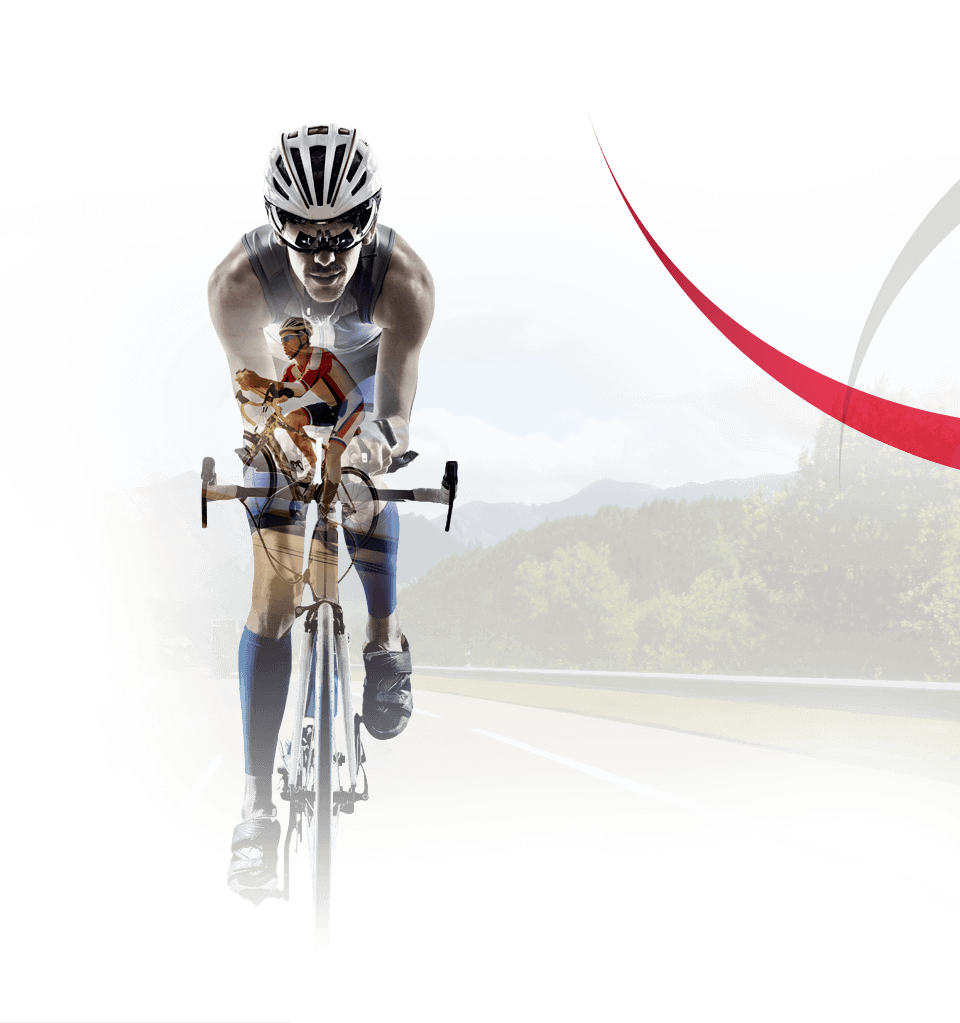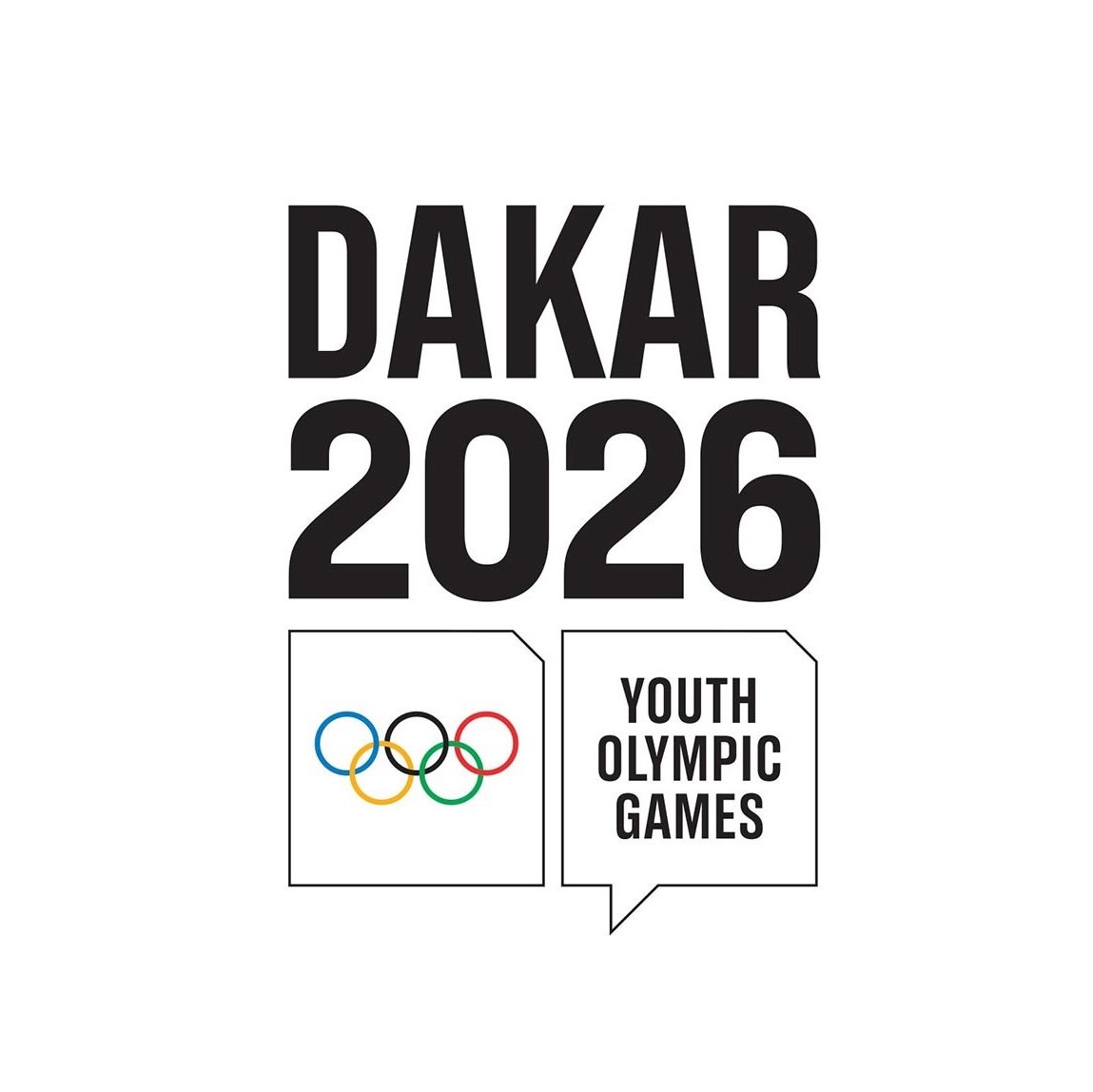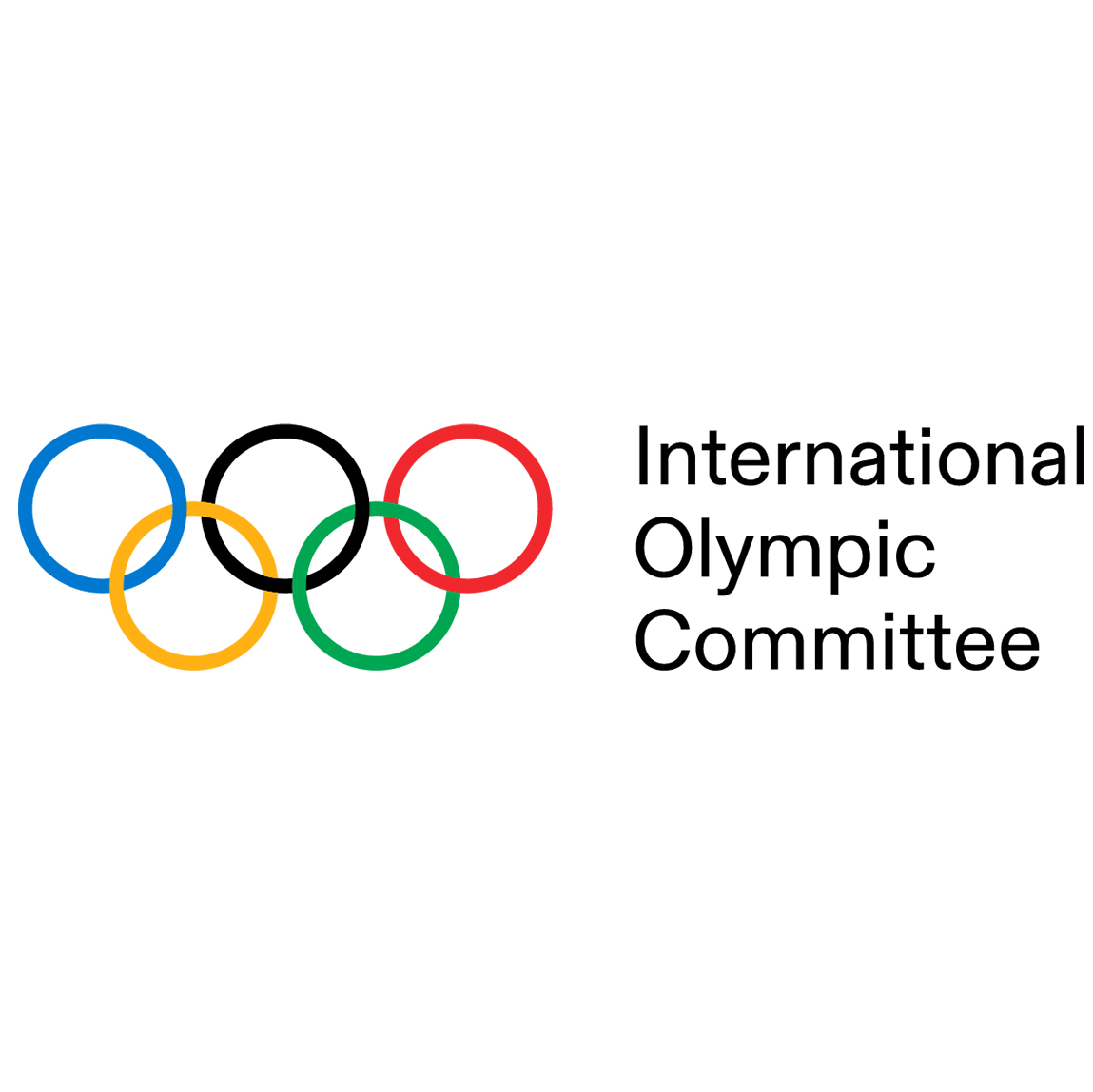
Lithuanian National Olympic Committee develops physical literacy model to teach and inspire movement
The Lithuanian National Olympic Committee (LTOK) together with its partners from Great Britain is preparing a unique physical literacy model that will not only help develop skills, but also inspire movement.
Physical literacy is often compared to the ability to read and write, and is conceptualized as having four key elements: participation, competence, confidence and motivation. According to specialists, the aim of developing physical literacy is to encourage children to participate by offering them attractive physical activity activities and games. For successful participation, games develop basic movement skills, and by providing competencies, children gain self-confidence in participating in physical activities. Children who gain self-confidence gain motivation to continue participating in physical activities.
Based on the good practice of foreign countries, LTOK started to create a unique model of physical literacy in Lithuania for preschool and elementary school children. Experienced partners from Great Britain, the “Youth Sport Trust International” organization, were used to implement the project. The organization has already developed similar models that are being implemented in Great Britain.
“Physically literate people are happier, healthier and thus contribute to public welfare, the country’s economy, and the health system. There are also studies that have revealed that physical literacy has a positive impact on academic achievement.
So, one of our goals is to help educators and schools understand that the time spent developing physical literacy is the time spent creating well-being for the school and the state,” said Kevin Barton, one of the creators of the model for Lithuania, representative of the Youth Sport Trust International organization.
Read more here.
Photo author: L. Žemgulis










